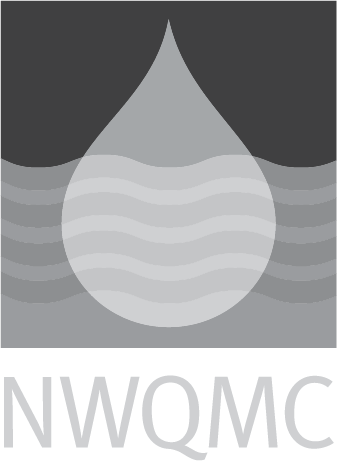DOE RESL: CHEM-TP-Ni.1: Ni-63 in Water by Liquid Scintillation Counting
|
Official Method Name
|
Ni-63 in Water |
|---|---|
|
Current Revision
| April 1999 |
|
Media
|
WATER |
|
Instrumentation
|
Liquid Scintillation Counting |
|
Method Subcategory
|
Radiochemical |
|
Method Source
|
|
|
Citation
|
|
|
Brief Method Summary
|
Nickel-63 (Ni-63) is an activation product and pure beta emitter that must be chemically separated from interfering radionuclides prior to counting. Radioactive nickel and the added nickel carrier are separated from most of the interfering impurities by using iron hydroxide as a scavenger. Further decontamination is provided by several nickel dimethylglyoxime (DMG) precipitations. The purified nickel is heated to formation of the black nickel oxide which is weighed to measure the chemical yield of the process. The oxide is dissolved and the Ni-63 is counted by liquid scintillation. |
|
Scope and Application
|
This procedure determines Ni-63 after its chemical separation from environmental waters and various liquids collected at nuclear reactor facilities. |
|
Applicable Concentration Range
|
None given. |
|
Interferences
|
(A) Presence of palladium and hafnium: Palladium, hafnium, and their radioactive isotopes, if present in large quantities may give a high yield. (B) Presence of organic compounds: When nickel is complexed by organic compounds such as EDTA, these must be destroyed to obtain quantitative precipitation of nickel as nickel dimethylglyoxime. |
|
Quality Control Requirements
|
A reagent blank must be included with each set of samples analyzed. A Ni-63 std must also be prepared and counted to determine of the counting efficiency of each set of samples. Correct performance of the liquid scintillation counter must be verified by an Instrument Performance Analysis (IPA). |
|
Sample Handling
|
Low activity samples can be concentrated by evaporation, and high activity samples can be analyzed by taking small aliquots. |
|
Maximum Holding Time
|
None given. |
|
Relative Cost
|
$51 to $200 |
|
Sample Preparation Methods
|




